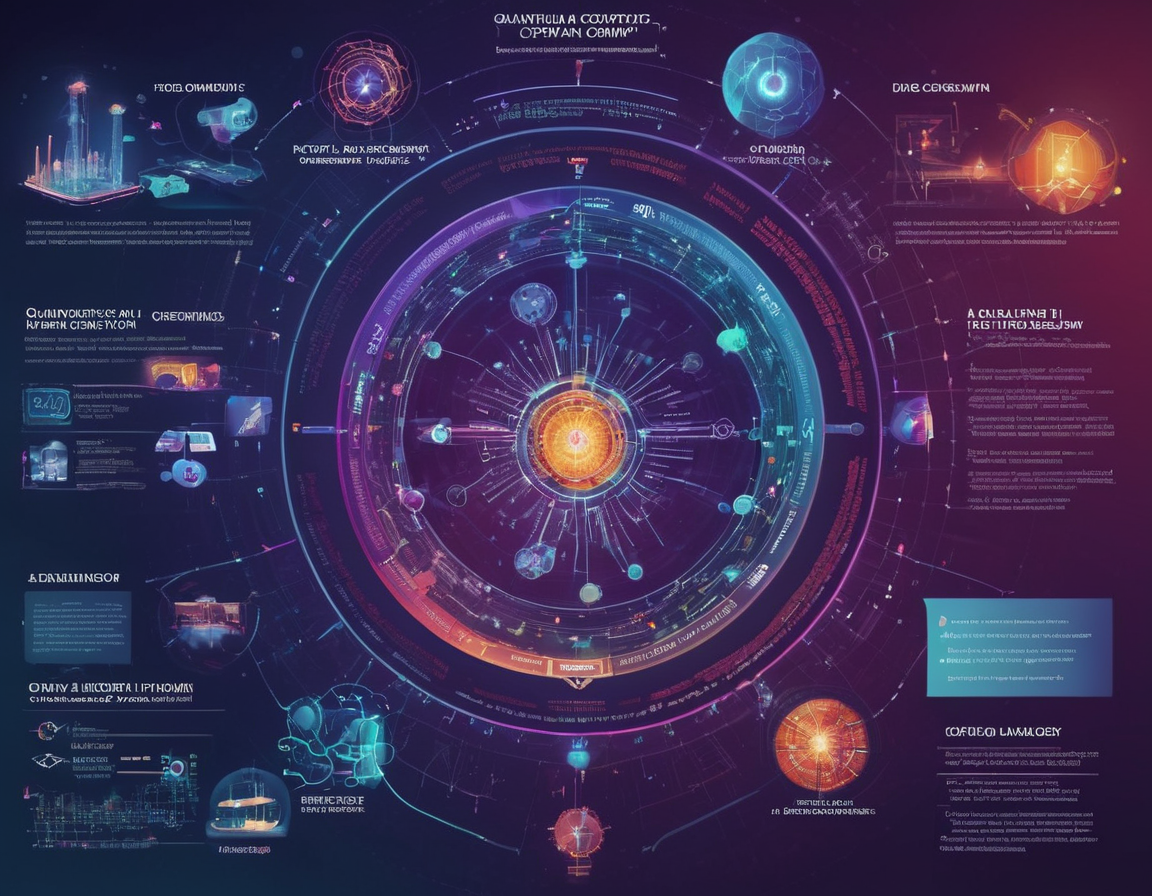Exploring the Enigma of Quantum Computing: A Simplified Insight
Unraveling the Mysteries of Quantum Computing
Quantum computing is one of the most intriguing and complex topics in the realm of science today. Unlike traditional computing, which uses bits as the basic unit of information, quantum computing employs quantum bits, or ‘qubits.’ This technology leverages the peculiar principles of quantum mechanics to perform calculations at speeds previously thought impossible.
What Makes Quantum Computing Different?
At the heart of quantum computing lies the principle of superposition. This allows qubits to exist in multiple states simultaneously, in contrast to classical bits that are either 0 or 1. Imagine the power of a computer that can perform multiple calculations at once—it’s like having several classical computers working together in perfect harmony.

Another key element of quantum computing is ‘entanglement.’ When qubits become entangled, the state of one qubit can instantaneously influence the state of another, regardless of the distance separating them. This phenomenon could revolutionize communication and encryption.
Practical Applications of Quantum Computing
The potential applications for quantum computing are vast and diverse. These range from drug discovery and material science to solving complex mathematical problems and enhancing artificial intelligence. With quantum computers, scenarios too complex for classical computers to handle could be tackled with relative ease.

The Race for Quantum Supremacy
Quantum supremacy is the term used to describe a quantum computer’s ability to solve a problem that a classical computer cannot solve within a reasonable time frame. Companies like Google, IBM, and startups around the globe are in a race to achieve this milestone, which would mark a pivotal moment in the history of computing.

Challenges and the Road Ahead
Building a practical quantum computer is no easy feat. Quantum systems are highly sensitive to external disturbances, which can cause ‘decoherence’ and errors in computations. Overcoming these hurdles requires innovation in quantum error correction and system design.
Despite these challenges, progress is being made daily. We stand on the cusp of a new era of computing power, with the potential to push the boundaries of human capability and knowledge. The future of quantum computing is bright, and its impact on society will be immeasurable.

Conclusion
Quantum computing represents a significant leap forward for computational power. It promises to solve complex problems across various industries, contributing to advancements in science, medicine, and technology. As research and development continue, quantum computing will undoubtedly unlock new possibilities and reshape the world as we know it.






